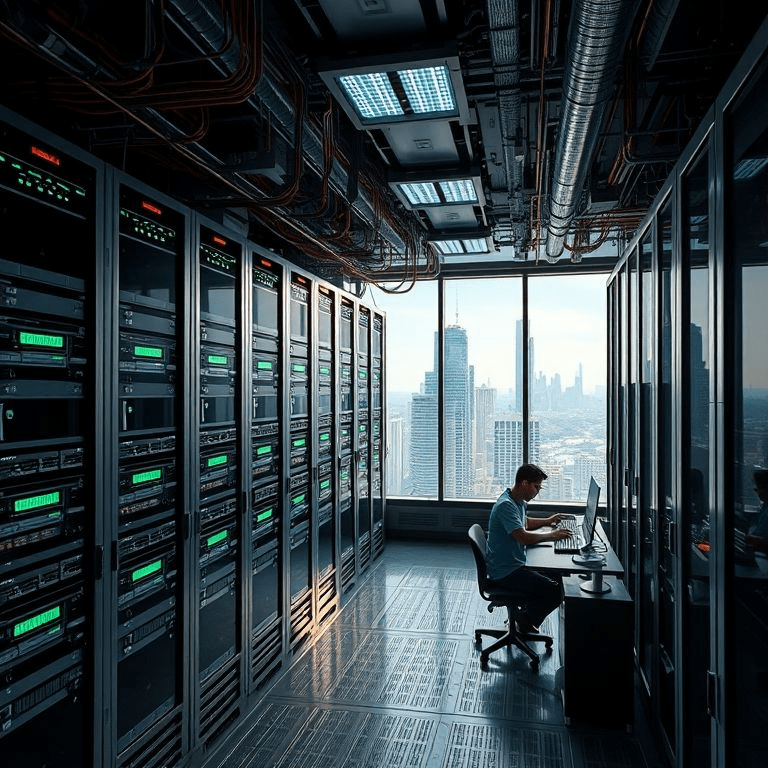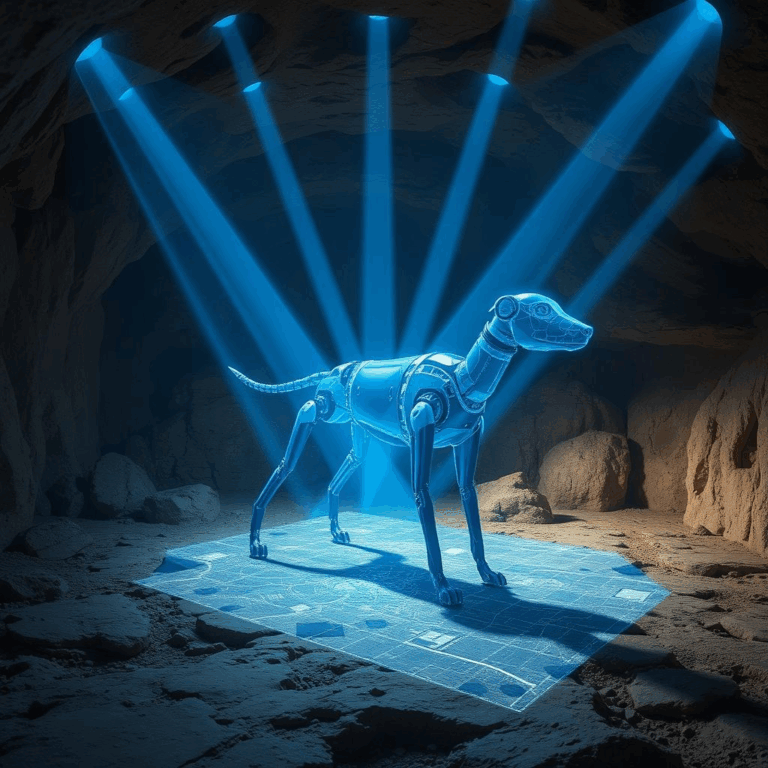Introduction
A major milestone in frontier computing was reached on September 16, 2025, with the launch of the first Quantum-AI data centre in New York City. Developed through a collaboration between Oxford Quantum Circuits (OQC), Digital Realty, and NVIDIA, the facility is located at Social Realty’s JFK10 site and pairs superconducting quantum computing hardware with high-capacity AI accelerators. This hybrid facility is designed to power quantum-AI data centre workloads for enterprise and government clients, spanning use-cases in finance, security, and research.
Background: Why Quantum + AI Matters Now
Quantum computing remains in an era of growing practicality: research labs are proving that quantum hardware can handle specific computational problems infeasible for classical systems. Meanwhile, AI demand (training large models, data throughput, inference at scale) continues skyrocketing. Traditionally, quantum and AI workloads have been siloed—quantum expertise in specialized facilities; AI in large data centres.
The innovation of this quantum-AI data centre model lies in co-locating these capabilities: AI supercomputing (using NVIDIA’s Grace Hopper/GH200 Grace Hopper Superchips) is integrated with OQC’s GENESIS quantum computer. The tight integration allows hybrid workloads (both quantum and classical) to run within the same facility, reducing latency, improving operational coherence, and providing a platform where quantum algorithms can complement AI workloads.
What Has Happened: Details of the Deployment
- Location & Partners: The facility is in New York City, at Digital Realty’s well-established JFK10 data centre site. The partners are OQC (UK-based quantum hardware/software firm), NVIDIA (for AI hardware), and Digital Realty (data centre operator).
- Hardware Stack:
- OQC’s GENESIS quantum computer is the central quantum component.
- NVIDIA GH200 Grace Hopper Superchips supply AI acceleration, enabling high throughput for machine learning, model training, and AI inference.
- The facility is embedded in Digital Realty’s PlatformDIGITAL® infrastructure, offering secure, interconnected networking and support.
- Workload Support & Hybrid Use-Cases: The quantum-AI data centre is built for hybrid workloads, meaning workloads that combine classical AI compute with quantum computing tasks. These could include:
- Risk modelling in finance, where Monte Carlo or combinatorial problems can be accelerated by quantum components.
- Fraud detection, portfolio optimization, derivatives pricing.
- Security, including simulations (e.g. material simulations), decision support under uncertainty.
- Quantum machine learning: generating training data, sampling, or exploring problem spaces that are difficult for classical AI.
- Future Plans & Roadmap:
- OQC expects upcoming GENESIS systems to ship with NVIDIA-accelerated computing as standard, making AI acceleration inseparable from the quantum hardware in future deployments.
- The deployment forms part of a larger UK-US tech partnership, aligning transatlantic investment and regulation in frontier technologies.
- There is also an economic forecast mentioned: the UK expects up to £212 billion contribution to its economy by 2045 from quantum computing (and related technology) along with many thousands of high-skilled jobs.
Reactions from Stakeholders
- Gerald Mullally, CEO of OQC, emphasised that the Quantum-AI data centre is a demonstration of how quantum tech can be safe, practical, and scalable, powering real-world, enterprise-grade workloads.
- Andy Power, President & CEO of Digital Realty, underlined their responsibility to build secure, high-throughput interconnect infrastructure so that these quantum and AI resources are accessible in major data hubs.
- Science Minister Patrick Vallance (UK) connected this with Britain’s tech-economy strategy: not just innovation, but job creation, economic return, skill development, and strengthening transatlantic ties.
Impact and Strategic Significance
- Barrier reduction: Companies that need quantum or quantum-AI capabilities often face hurdles of specialized infrastructure, cooling, physical space, licensing. Co-locating AI and quantum in an established data centre like JFK10 lowers many of those barriers.
- Latency and security: Hybrid workflows benefit from being co-located: less delay in data transfer, tighter security since AI / quantum communication can be kept within one facility.
- Competitive advantage: Financial institutions, security agencies, research organisations that can access hybrid quantum-AI hardware are better placed to explore novel algorithms, simulation, and optimization tasks.
- Economic & geopolitical dimension: This facility is a flagship of UK-US tech cooperation. It signals that quantum computing is moving from lab to production-adjacent infrastructure. It also sends messages about technological leadership, innovation, and investment.
Challenges & Considerations
- Technical issues: Quantum computing hardware (especially superconducting qubits) is sensitive to environmental noise, cooling (cryogenics), interference. Ensuring stable operation next to high-power AI superchips (which generate heat) is non-trivial.
- Cost & resource demands: Both AI accelerators and quantum hardware are expensive—initial deployment, maintenance, cooling, power, etc.
- Workforce and expertise: Hybrid quantum-AI systems require people who understand both quantum computing and large-scale AI engineering; that is still a relatively small talent pool.
- Regulatory & standards aspects: Data residency, auditing, reproducibility, security of quantum channels, and governance of emerging quantum applications may need new frameworks.
Future Outlook
- Expect more quantum-AI data centres in other major tech hubs: Europe, Asia, possibly India, or other U.S. cities. The model is attractive for organisations wanting “the next edge.”
- Development of software stacks (like NVIDIA’s CUDA-Q) will be critical to allow developers to build hybrid applications without needing deep quantum knowledge.
- Use cases will mature: more proofs of concept, more benchmarks, better integration of quantum circuits with AI pipelines.
- Economic benefits (jobs, investment) will become visible over 1-3 years as projects roll out, and governments may update policy to support quantum-AI (grants, regulation, standards).
Conclusion
The launch of the Quantum-AI data centre in NYC is not just a new data centre—it is a signal that the future of computing is hybrid. With quantum and AI operating side by side, the frontier of what’s possible in finance, security, optimization, and research broadens greatly. If technical, regulatory, and cost challenges are managed well, this could be a template for how the next generation of high-performance computing is built.






